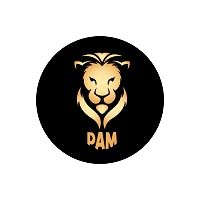
CEMAC customs contribution
From 11 to 13 September 2019, Customs experts and administrations from CEMAC countries namely, Cameroon, Central African Republic, Congo, Gabon, Equatorial Guinea and Chad met in Yaounde to consider common interest issues relating to the implementation of recommendations of the West and Central Africa Regional Office of the World Customs Organization (WCO-WCA), switching to the 2022 version of the Harmonized Commodity Description and Coding System. Deliberations also centred on issues related to the revised Kyoto Convention, updating the SAFE Framework of Standards and the definition of priority projects for submission to the Third WCO-WCA Donor Conference.
In addition to these concerns, participants drafted a sub-regional trade facilitation strategy and a joint review of trade policies of CEMAC countries in compliance with the World Trade Organization’s requirements. Attendees also worked on CEMAC Customs Union tariff concessions as part of the forthcoming
operationalisation of the African Continental Free Trade Area (AfCFTA). AfCFTA, which will bring together 1.3 billion people, could increase intra-African trade by more than 50%. According to these forecasts, the United Nations Economic Commission for Africa (UNECA) thinks that it will result in flows that could double over the next 10 years, far exceeding the current rate of 15%.
According to these officials, CEMAC has been experimenting with the free movement of goods, services and people for a few years now, but there are still other challenges concerning economic integration. There is therefore need for a better flow of information from the field, which would reduce cases of irregular taxation of products and various harassments at borders. It is equally necessary to sanitise customs services by increasing vigilance and state-of-the-art tools in order to check illicit flows that impoverish the economies of CEMAC countries. CEMAC countries must stamp out especially practices that expose companies to other threats such as money laundering, terrorism and trafficking in protected species.
(Source: Excerpt from Cameroon Business Today No. 123 of September 2019
